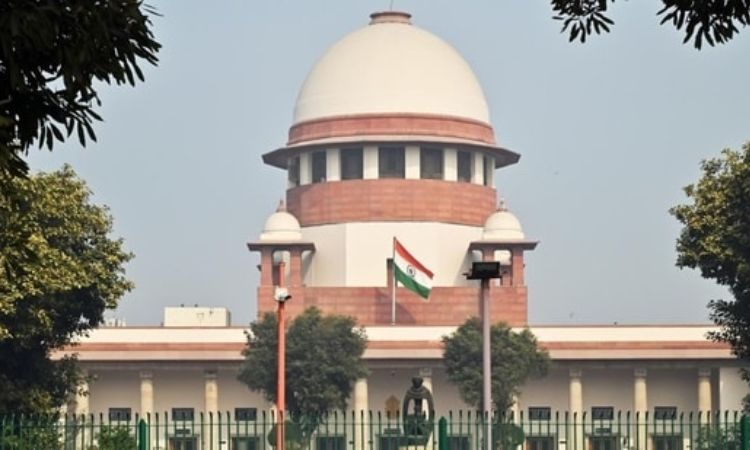The State Bank of India (SBI) has provided complete details about electoral bonds to the Election Commission of India (ECI) and filed an affidavit in the Supreme Court. Electoral bonds are a way for political donors to give money anonymously to political parties in India.

In its affidavit filed in the Supreme Court on March 21, 2024, SBI stated that it has disclosed all information related to electoral bonds to the ECI. This includes the alphanumeric codes of each electoral bond. Previously, the Supreme Court had pulled up SBI for not sharing all bond details with ECI. It called SBI’s attitude “unacceptable”.
Last week, on March 17, the ECI uploaded the electoral bond data it received from SBI on its website. The commission did this within the deadline set by the Supreme Court. The bond details published include period and amount of bonds, state-wise details of bonds, and political party wise details.
Some key details revealed in the data are:
- Many big business groups like Lakshmi Mittal’s ArcelorMittal, Anil Agarwal’s Vedanta, ITC, Mahindra & Mahindra and Sunil Bharti Mittal‘s Airtel bought electoral bonds to donate to political parties.
- A lesser known company called Future Gaming and Hotel Services also bought bonds.
- Maximum donations through bonds were given by a company called Prudent Electoral Trust.
- Maximum donations through bonds were received by the Bharatiya Janata Party (BJP).
- Most bonds were bought in March-April and December-January, just before state elections and general elections.
- Maximum bonds were bought in Karnataka, a state where elections were held in May 2018 and May 2023.
Electoral bonds are meant to be an alternative to cash donations made to political parties. They can be bought from SBI and donated to parties, with no need to disclose the donor’s name. However, critics say this allows anonymous financing of political parties.
The scheme was notified by the government in 2018 over objections from the Election Commission. In 2019, an NGO called Association for Democratic Reforms filed a PIL challenging the scheme. In its affidavit, SBI has provided all bond details to the ECI and the Supreme Court, which is hearing the PIL. This comes after the Supreme Court pulled up SBI for not sharing full information earlier.
The ECI has now uploaded the bond details it received from SBI. This brings more transparency by revealing which big businesses and individuals are funding political parties through anonymous donations. However, the issue of anonymity in political funding remains, which the petitioners oppose. The Supreme Court will continue hearing the case. Its decision can impact electoral reforms and funding of political parties in India.















